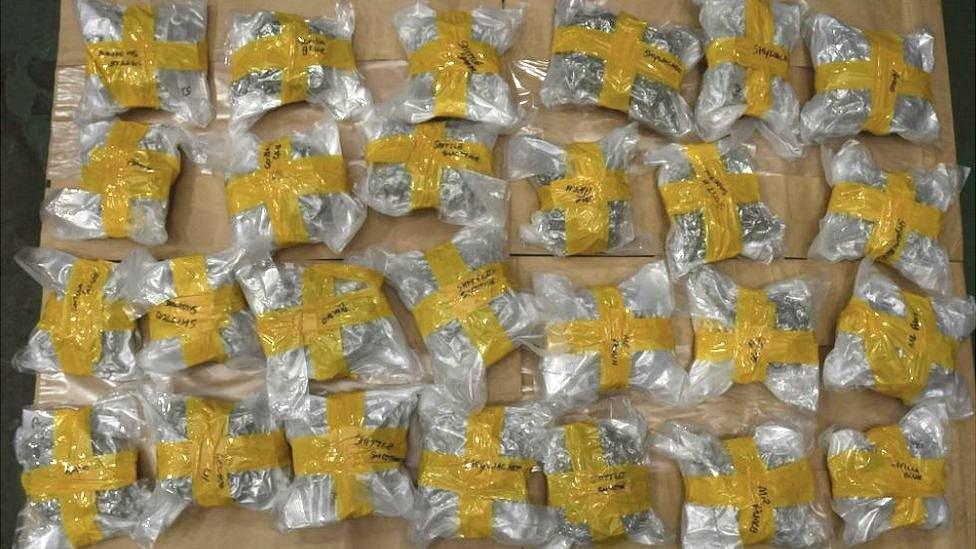Facial recognition part of port security plans

Legislation for identity recognition technology to used at Manx ports would need to be passed
- Published
Plans to introduce facial and number plate recognition technology at the Isle of Man's ports in a bid to tighten security have been announced by the home affairs minister.
The Securing Our Island strategy was launched by Jane Poole-Wilson, who said organised crime, including drug trafficking, had become "an increasing threat".
Speaking at the Government Conference, she said despite large scale operations dismantling drugs gangs, the island's borders were "vulnerable to criminal exploitation".
The minister also confirmed the government would work with travel providers on verifying the identity of passengers before travel to the island to "maintain our safety".
The strategy has been developed following growing concerns about drugs, weapons, modern slavery, and other criminal activities, Poole-Wilson said.
In the last two years police and customs officers had been successful in disrupting the activities of a number of serious and organised crimes operations, and there was "also evidence of people trafficking and immigration fraud", she continued.
During a presentation on the plans, the minister outlined the "range of proactive measures" that would "make it harder for criminals to exploit the island’s position within the Common Travel Area".
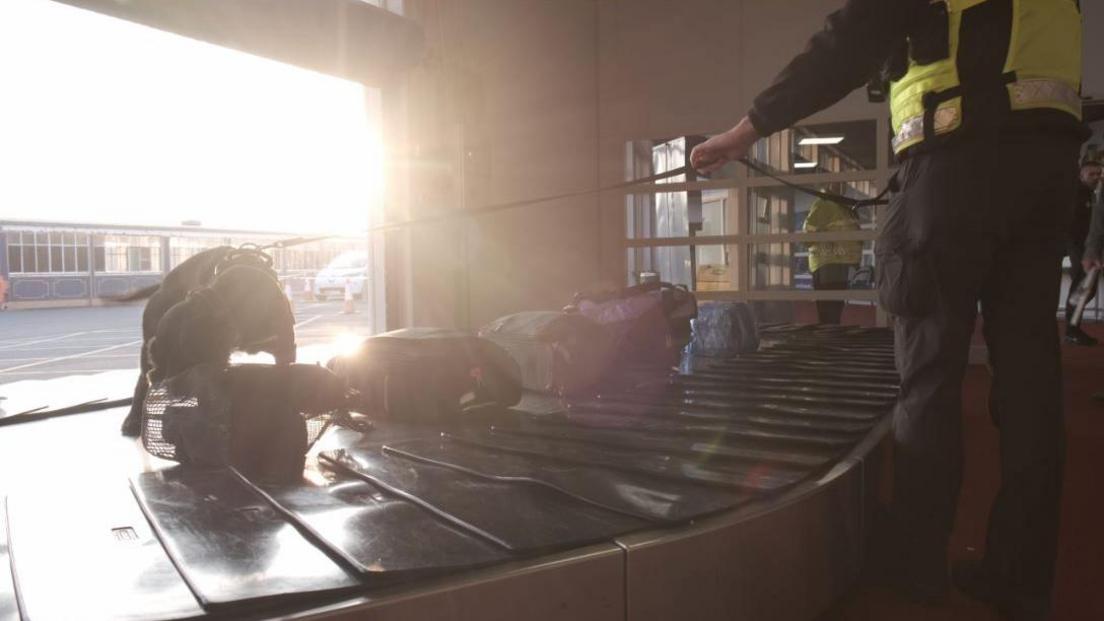
A new dog search team was introduced four weeks ago
Measures included the recent introduction of a new dog team screening arrivals and departures at the Sea Terminal in Douglas and Isle of Man Airport at Ronaldsway alongside dedicated customs officials.
Law enforcement officers would also be present for all major arrivals to carry out proactive and intelligence led security checks, the minister confirmed.
The Department of Infrastructure port security team would also be moved to the Isle of Man Constabulary in November, to enhance the "ability of officers to detect criminals and illicit goods", she said.
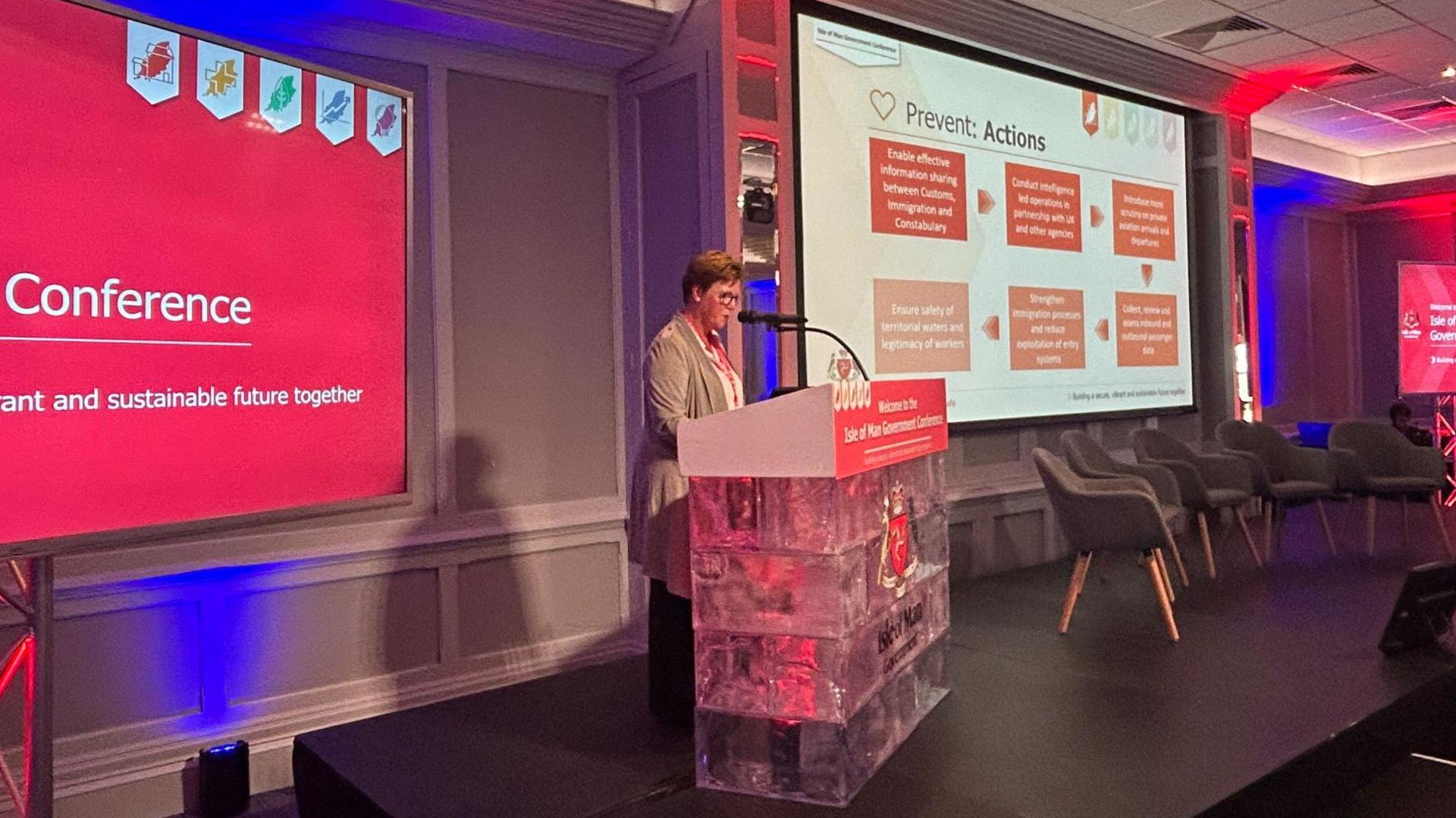
Minster Poole-Wilson said the new strategy was about 'tackling criminality'
Poole-Wilson said the government would work with the Isle of Man Steam Packet Company and airlines serving the island to develop an "efficient way to verify" the identity of passengers before travel.
Detecting criminals moving through ports remained a "significant challenge" as it was "possible to pay in cash and use a false name" on ferry services to the island, she said.
While work on the legislation required for the introduction of technologies such as facial recognition and automated number plate recognition was underway, information collected on those travelling would be "proportionate and targeted" for the purposes of national security and the prevention and detection of crime, she said.
The strategy was about "tackling criminality and changing nature of the threat... to maintain our safety," she added.
Why not follow BBC Isle of Man on Facebook, external and X, external? You can also send story ideas to IsleofMan@bbc.co.uk, external
Related topics
- Published10 September 2024
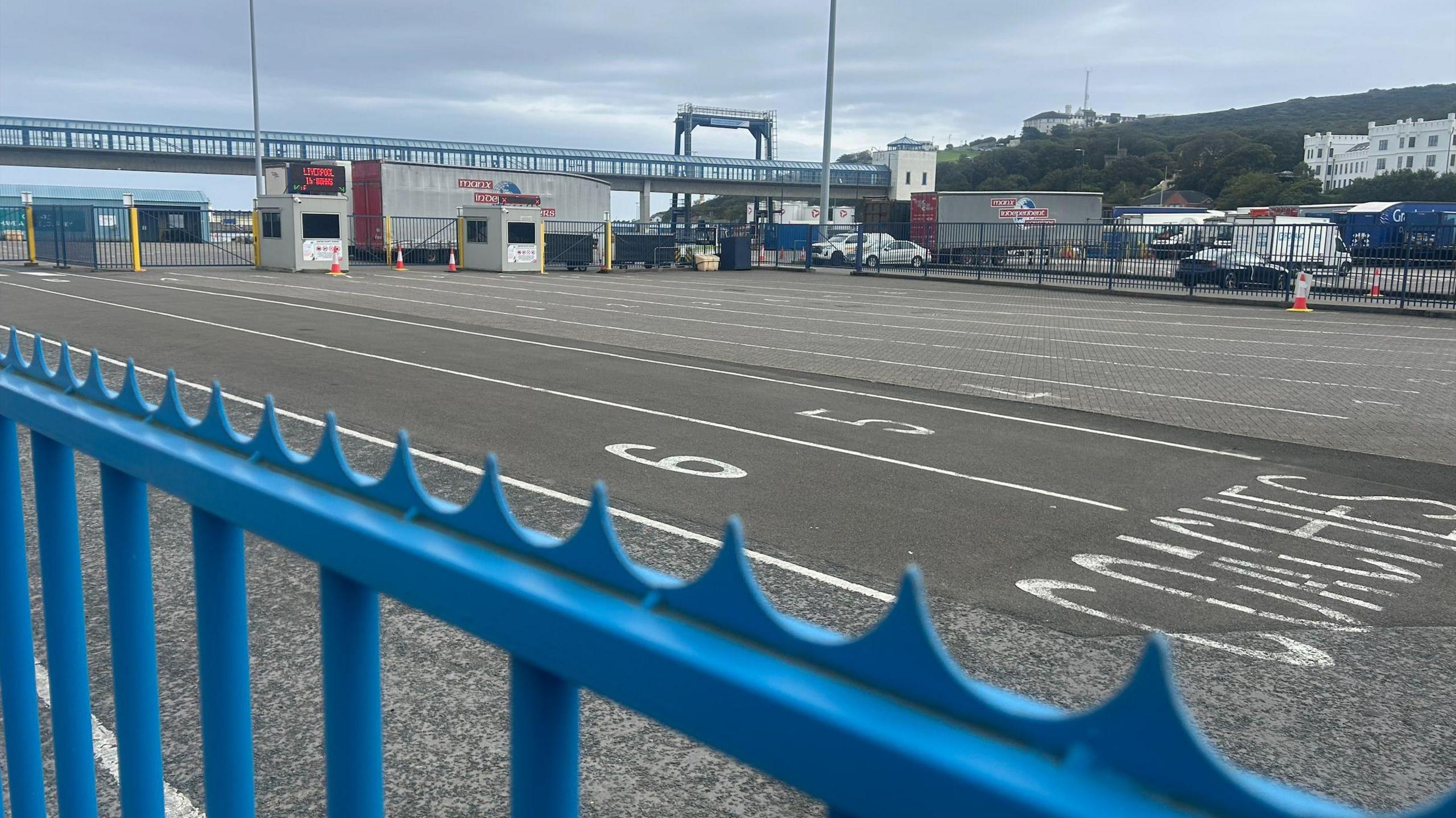
- Published29 April 2024
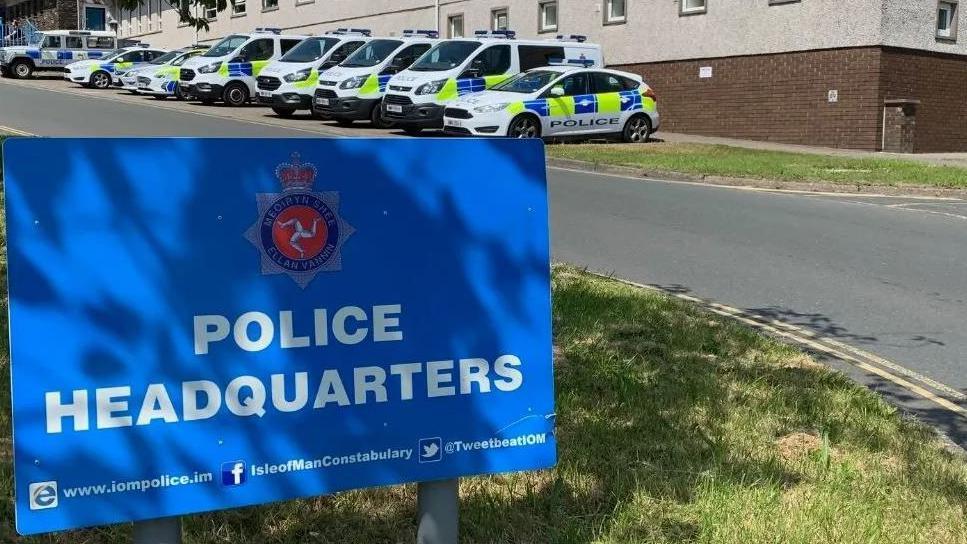
- Published21 January 2024
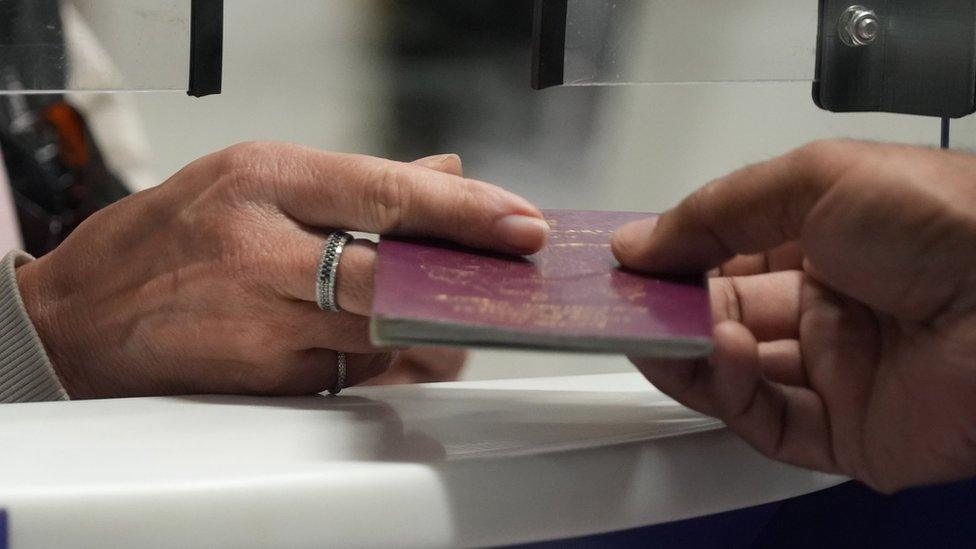
- Published22 December 2023
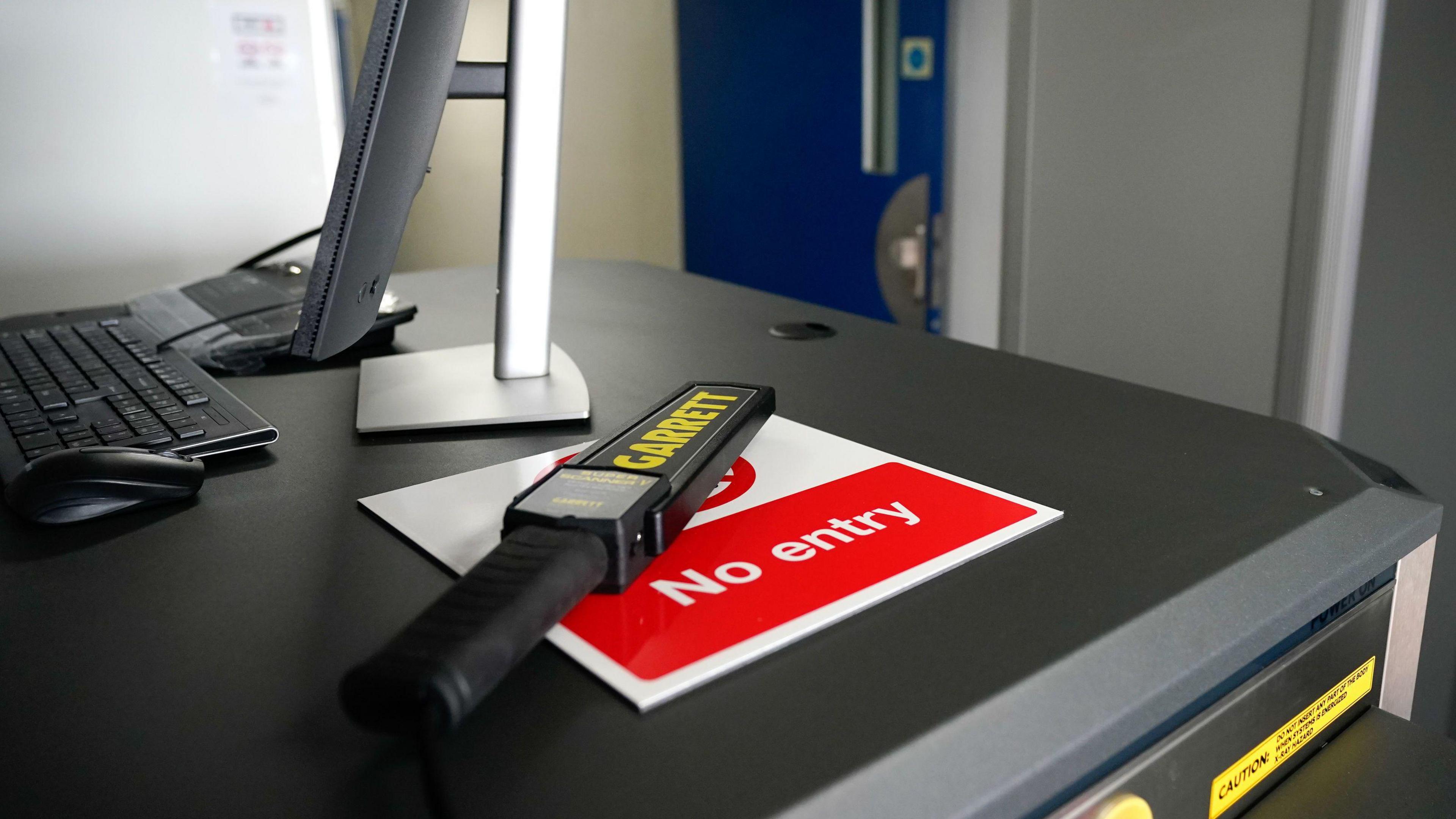
- Published24 October 2023
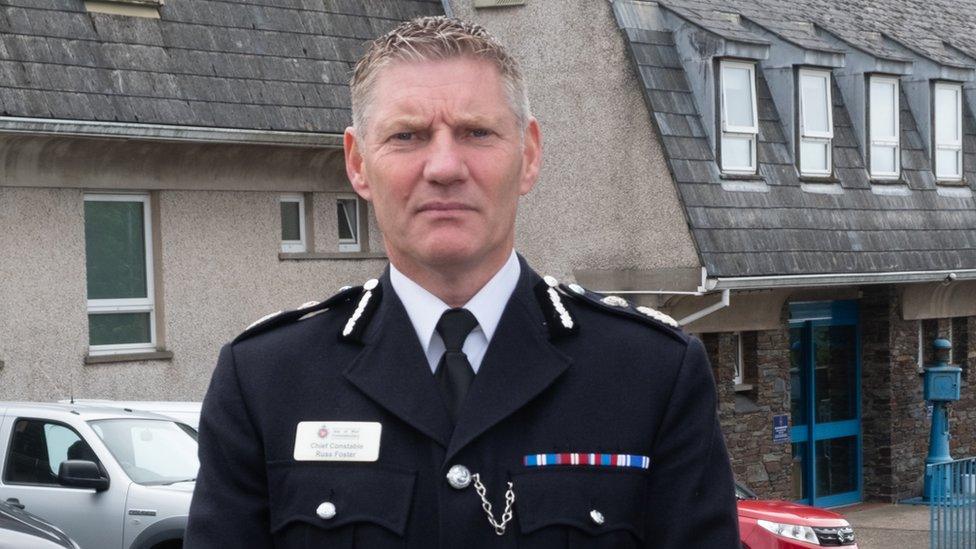
- Published15 November 2023
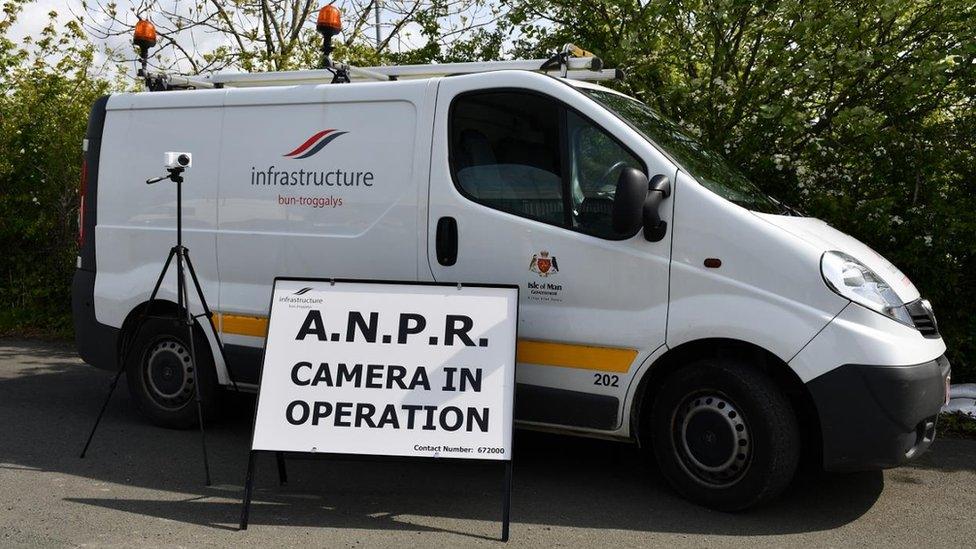
- Published2 February 2023
